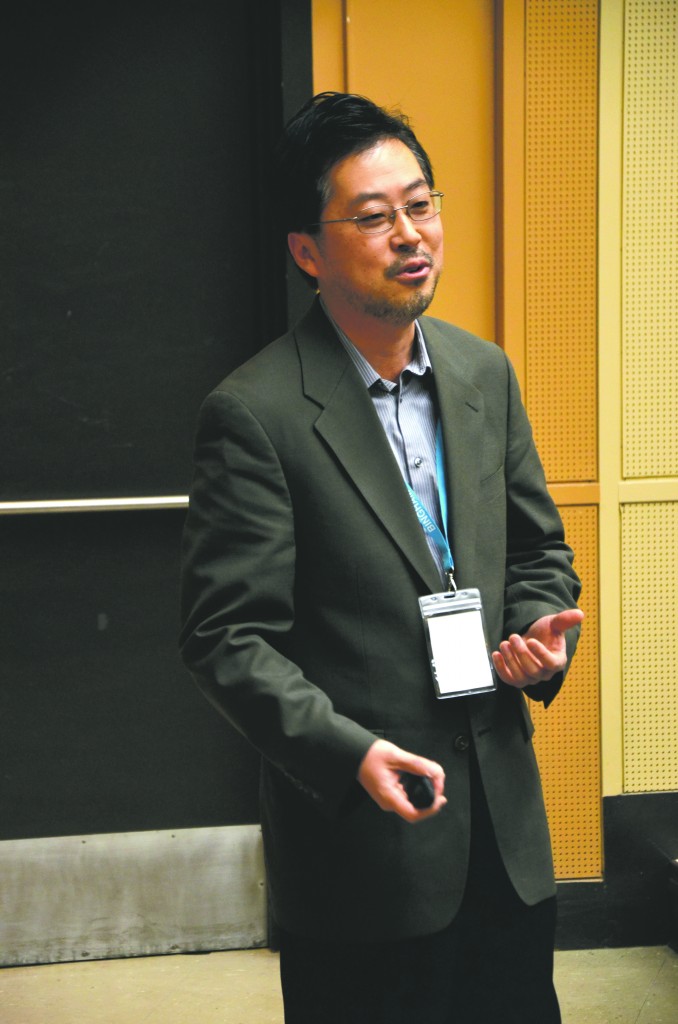
While some Korean natives may claim to be able to trace their family history back to royalty, professor Eugene Y. Park of the University of Pennsylvania’s Korea Foundation said that genealogy may not be accurate.
On Friday, the Center for Korean Studies hosted Park, who presented his research about Korean genealogy and ancestry.
Park challenged ideas about Korean familial history by questioning traditional notions about royal heritage in Korean families.
“You’re not going to find any real stories from before 1900 about how 95 percent of Koreans lived,” he said.
According to Park, many Korean families have oral or written traditions about the noble ancestry of their family. However, Park found that these stories are modern fabrications. This is best evidenced by the sheer number of traditional Korean heritage stories that have a significant emphasis on nobility. Park contends that the numbers do not add up because most Koreans were not part of the noble class throughout much of history.
“Typically, aristocracy could not make up more than 1 to 2, maybe 5 percent of the whole of the people,” Park said.
Park’s presentation addressed reasons why there are so few Korean surnames and the formation of ancestral histories within Korean families. He contrasted Korean stories with those of Japan and Western culture, saying that the cultures put different values on different things. While the Western stories do not shy away from tales of social mobility and the “rags to riches” story, Korean family history tends to be more concerned with the aristocratic elements of a family’s past.
Park, an associate professor at UPenn, specializes in Korea’s social history since the 17th century. He was born in South Korea but grew up in Southern California.
The Center for Korean Studies brought Park to Binghamton University to give the lecture and meet with graduate students at the CKS’ graduate student colloquium.
Students from professor Immanuel Kim’s courses, Asian and Asian American Studies 242: 20th Century Korean Literature and AAAS 380O: Literature in North Korea, and professor Sonja Kim’s courses, AAAS 211: Korean Civilization and AAAS 361: Korea in the Age of Empire, were encouraged to attend and comprised the majority of the audience. The professors expressed a desire to expand future CKS programs to include a wider audience.
“The attendance was great, but, more importantly, the participation and questions at the end of the talk were engaging and a reflection of the students’ genuine interest in the speaker’s topic,” Kim said. “CKS will continue to hold such events, and we expect the larger student body and faculty at BU to attend and expose them to Korea.”


